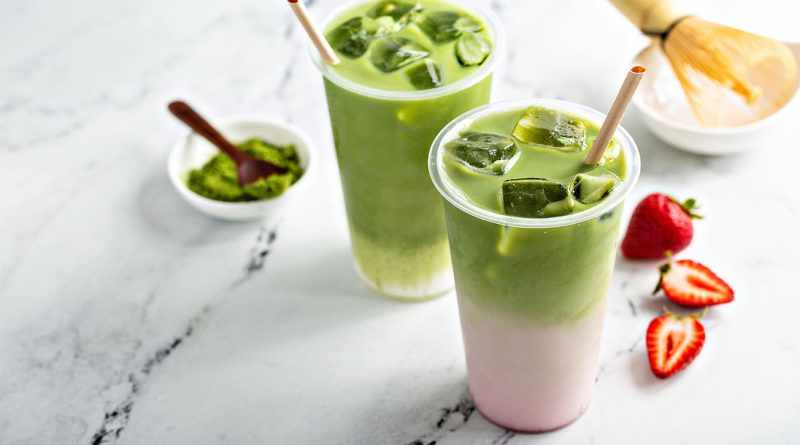Global matcha ‘obsession’ drinks Japan’s tea farms dry
Subscribe to our free newsletter today to keep up to date with the latest food industry news.
Matcha has long played a role in Japanese tea ceremonies, celebrated for its deep flavor and meditative rituals. Today, it is a global obsession. From lattes in New York to skin care in Seoul, the powdered green tea is everywhere. But the rapid rise in demand is beginning to strain the very traditions and resources that created it.
Matcha Moves from Ceremony to Commodity
In just a few years, matcha has gone from specialty tea to wellness symbol. Social media influencers and celebrities like Dua Lipa have helped turn it into a daily ritual for millions. Beyond its earthy taste, matcha offers antioxidants and a calming energy that fits into modern wellness lifestyles.
Industry analysts valued the global matcha market at nearly four billion dollars in 2024. By 2032, it is expected to reach over seven billion. That growth is not just driven by food and drink. Matcha is now a sought-after ingredient in cosmetics, supplements, and even toothpaste.
Yet the core of matcha production remains artisanal. And Japan, the largest producer of high-grade matcha, is struggling to keep up.
Japan’s Tea Fields Under Pressure
Producing authentic matcha requires time, technique, and specific climate conditions. The process starts with tencha, a shade-grown leaf that is carefully harvested and then ground into powder using traditional stone mills. It is a slow method, and it cannot be rushed.
Recent heatwaves have damaged these delicate crops. In Kyoto’s Uji region, growers reported harvest losses of up to 25 percent. With demand climbing and supply falling, prices at auction have hit record levels.
Small-scale Japanese tea farmers now face new challenges. They are being outbid by global buyers, including multinational food and beverage companies. Some long-term domestic clients have been forced to find alternative sources or accept lower quality products.
The Culture Behind the Cup
As matcha grows in global popularity, it is also prompting cultural questions. In Japan, some tea masters and growers are concerned that the ceremonial meaning of matcha is being lost. What was once a slow, mindful experience is now a fast-moving trend.
Online, debates are heating up. On forums like Reddit and TikTok, users argue about ethics, quality, and sourcing. Some call for better transparency. Others question whether mass consumption is compatible with matcha’s roots.
A recent article in the Wall Street Journal described tensions even within Western fan communities. Accusations of stockpiling and panic buying have created friction among those who see themselves as devoted fans.
A More Thoughtful Future
The matcha boom is not going away. But if the world wants to keep enjoying it, changes are needed.
Producers and brands can support sustainable growing practices and maintain relationships with heritage farms. Consumers can look for sourcing information and choose matcha that supports the people and traditions behind it.
Matcha offers more than just a health kick or a caffeine fix. It carries a cultural legacy that deserves respect. Preserving its value means understanding its origins, even while sipping it in a modern café.
Source:
